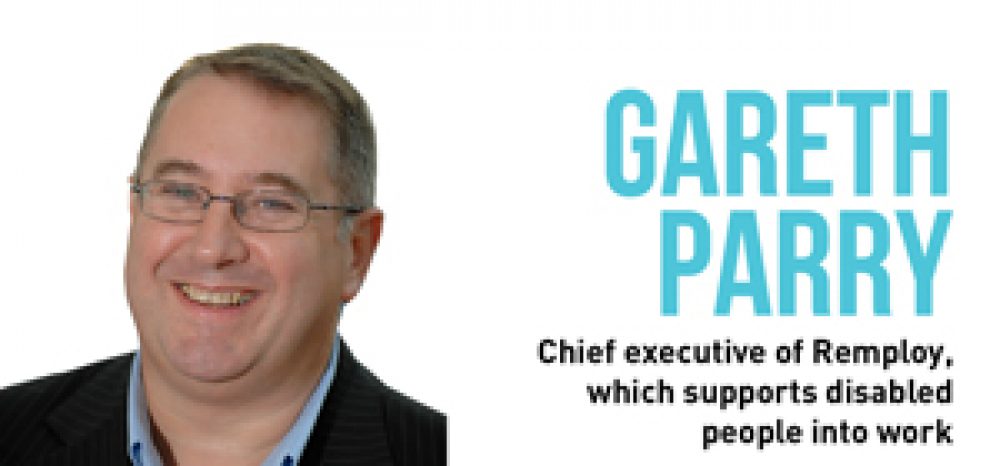Gareth Parry has depression, which hasn’t stopped him from rising to the top of his organisation. He explains here why apprentice employers need to change their own perceptions of people with mental health issues.
The government’s new Get In Go Far campaign to encourage young people to choose an apprenticeship at the start of their working life presents welcome opportunities for those who might otherwise be excluded from worthwhile careers.
The target to create three million additional apprenticeships by 2020 is ambitious, and campaigns such as Get In Go Far are compelling, but if apprenticeships are to be truly inclusive, the needs of young people with mental health problems should be understood and addressed.
Disabled people, including anyone with a declared mental health condition, are currently underrepresented on apprenticeship programmes.
The Mental Health Foundation estimates that about one in 10 children and young people are affected by mental health problems, including depression and anxiety, which are often a direct response to what is happening in their lives.
Issues with relationships, self-harm, eating disorders and the consequences of cyberbullying are all increasingly prevalent for young people today, and can challenge a young person’s emotional wellbeing.
It is critically important that a young person facing mental health challenges has the same opportunity to complete their apprenticeship as non-disabled apprentices.
Not to do so can have a negative long-term impact on their life chances, and so two things are required to ensure equality of opportunity.
Firstly, employers and providers must make sure they receive tailored, individual support to remove the risk of their not completing their apprenticeships.
Understanding the pressures and challenges facing young people with mental health conditions, and providing training, help and guidance which acknowledges their issues, will go a long way toward easing them, through their apprenticeships.
The Department for Work and Pensions (DWP), Department for Business Innovation and Skills (BIS) and the Skills Funding Agency (SFA) have together to produce a programme which does just this.
I have been open with Remploy colleagues about my own mental health challenges and heartened by the response
Supporting Apprentices, which my organisation delivers for the government, is funded by DWP and is free to the apprentice, the employer, or the training provider.
It provides expert support for young people who are finding it difficult to continue their apprenticeship, or are signed off sick, because of a mental health condition.
Secondly, we should be challenging the perceptions of employers, and even training providers, around mental ill-health.
So how do we change perceptions of mental health in the workplace?
There should be no stigma attached to mental health, which is a reality of daily life for many millions of people.
Being more open about mental health helps normalise something which is all too often still a taboo.
This includes business leaders themselves talking about the issues they may face.
Company executives who are open about discussing their own anxiety, depression, or other mental health issues, can help to change a culture which often compartmentalises colleagues as unreliable and difficult to deal with.
I have been open with Remploy colleagues about my own mental health challenges and heartened by the response I received, and the number of colleagues who have since been more open about their issues.
Government figures suggest that one in six people currently in work are experiencing some form of mental health issue, right now.
Business leaders, including those in the FE sector, have the responsibility to lead by example to make workplaces much more inclusive and accessible for people with mental health issues and, in particular, apprentices, who should have so much to look forward to.


Your thoughts